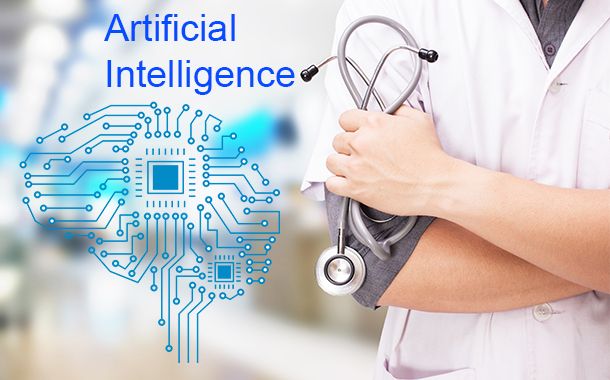Oct, 2020 - By WMR

Artificial intelligence is one of the most valuable and breakthrough technologies present today. As a matter of fact, it has been observed that AI surpasses human capabilities in numerous tasks. AI in healthcare is not a new concept rather it uses a complex set of algorithms and software applications for the analysis, comprehension, and interpretation of complicated medical and healthcare data. AI can be used to predict suicide, assist in surgery, and even diagnose cancer. Many studies suggest AI outperforms human doctors in the aforementioned cases. However, what if AI gets it wrong? Who takes the fall for that?
There is no easy answer to this since a complex process and a vast amount of data goes into this. For this, it is crucial to understand how AI is used in healthcare. The primary design includes the creation of both software and hardware and its testing on the product. The data can be the real root of problems since problems can occur in machine learning if it is trained on biased data. According to Wendall Wallace, a lecturer Yale University, the responsibility can be divided according to how and where the AI system has failed. He believes if the system fails to perform as designed, the responsibility lies with the company that marketed the device. And if it doesn’t fail and being misused, then the person who authorized the usage should be held accountable.
However, not all cases are crystal-clear to make a judgment. For instance, if an AI system is being trained on data that over-represents white patients, then it will misdiagnose a black patient. In such cases, it is unclear who is in the fall? The machine learning company who collected biased data or doctor who chose to listen to those recommendations. The problem does not end here. The difficulty in blaming the machines pertains to the interoperability of the AI decision-making process. This means if AI designers cannot predict how the software will act in the real world, how can they be held responsible for that? On the contrary, if the designers are not responsible then what about injured patients left with fewer opportunities. It is important to understand that, similar to most technologies, AI works very differently in the lab than in real-world scenarios. For instance, in April 2020, Google’s medical AI showed different results in lab settings and in real-world scenarios. It was found to be super accurate in the lab although it showed different results in real life.
That being said, there is a massive responsibility on both AI designers and healthcare experts since lack of accountability from both can lead to plenty of mistakes. Generally, AI has augmented the healthcare professional’s decision-making capabilities, so there is hope. It is also crucial to note that AI is not designed to replace nurses or doctors entirely. However, if AI is right around the majority of the time, it is difficult for human doctors to go against those results, with risk of facing severe liability if it goes wrong. This also means humans, ultimately, govern the authority over robots and although the healthcare sector is still evolving, it is part and parcel of the process and we need both humans and machines to work together effectively.

We will be happy to help you find what you need. Please call us or write to us: